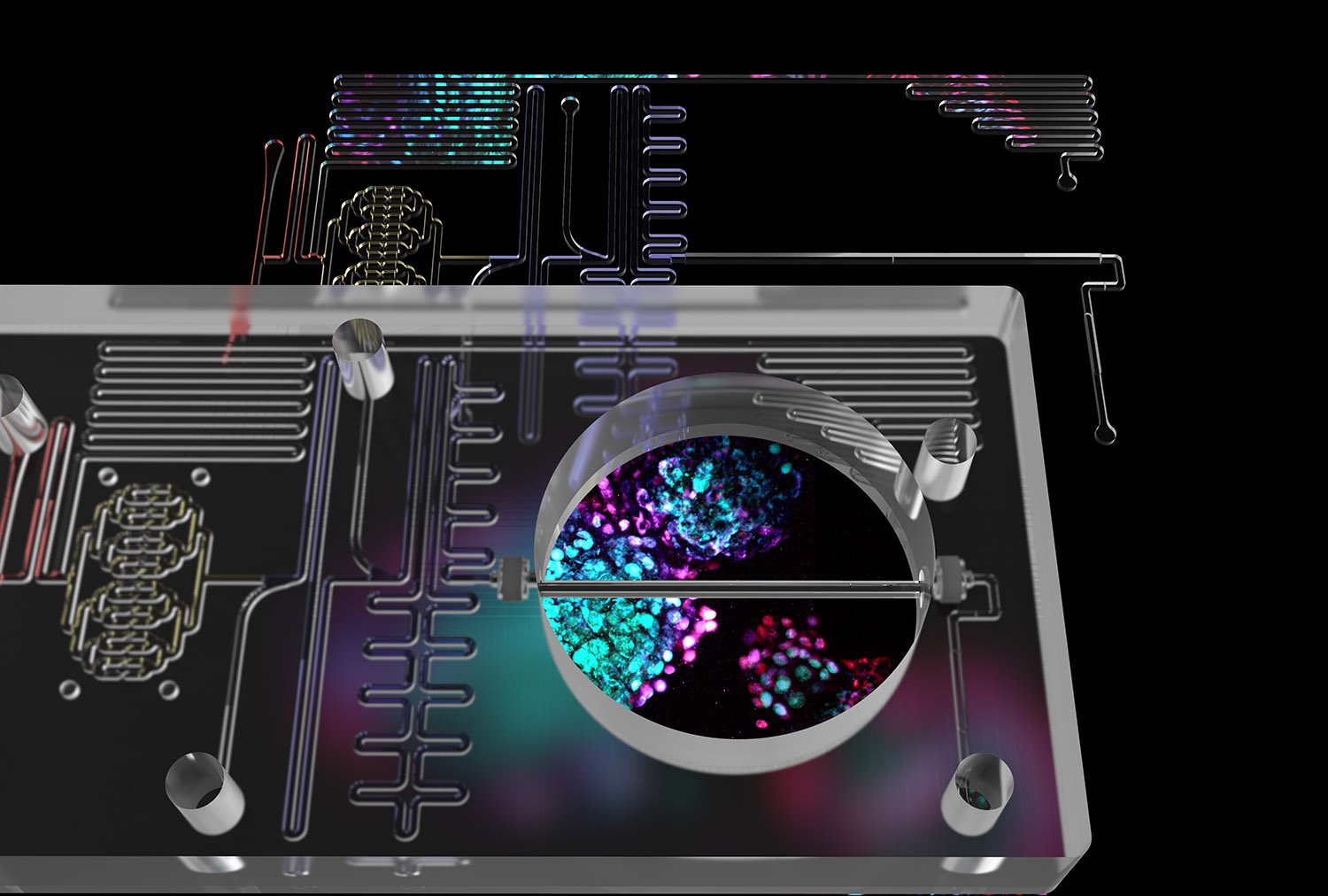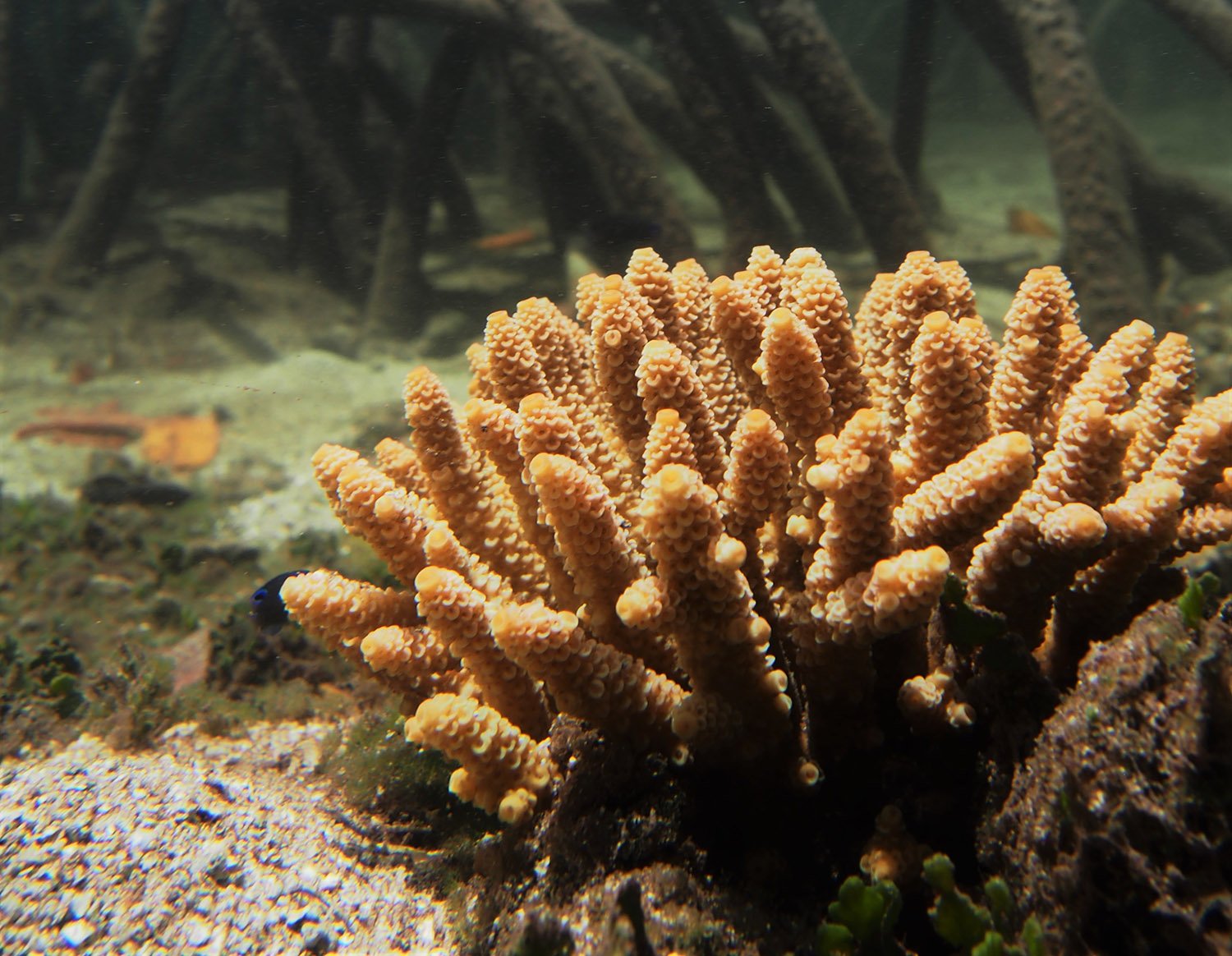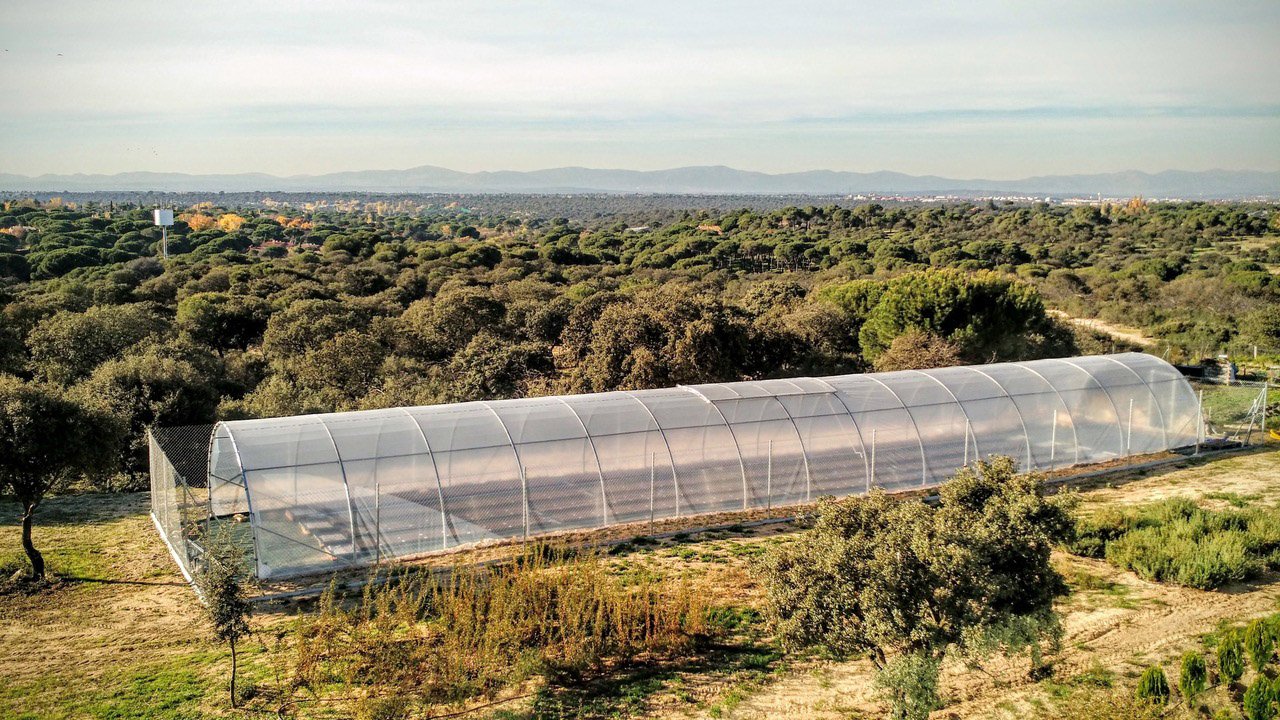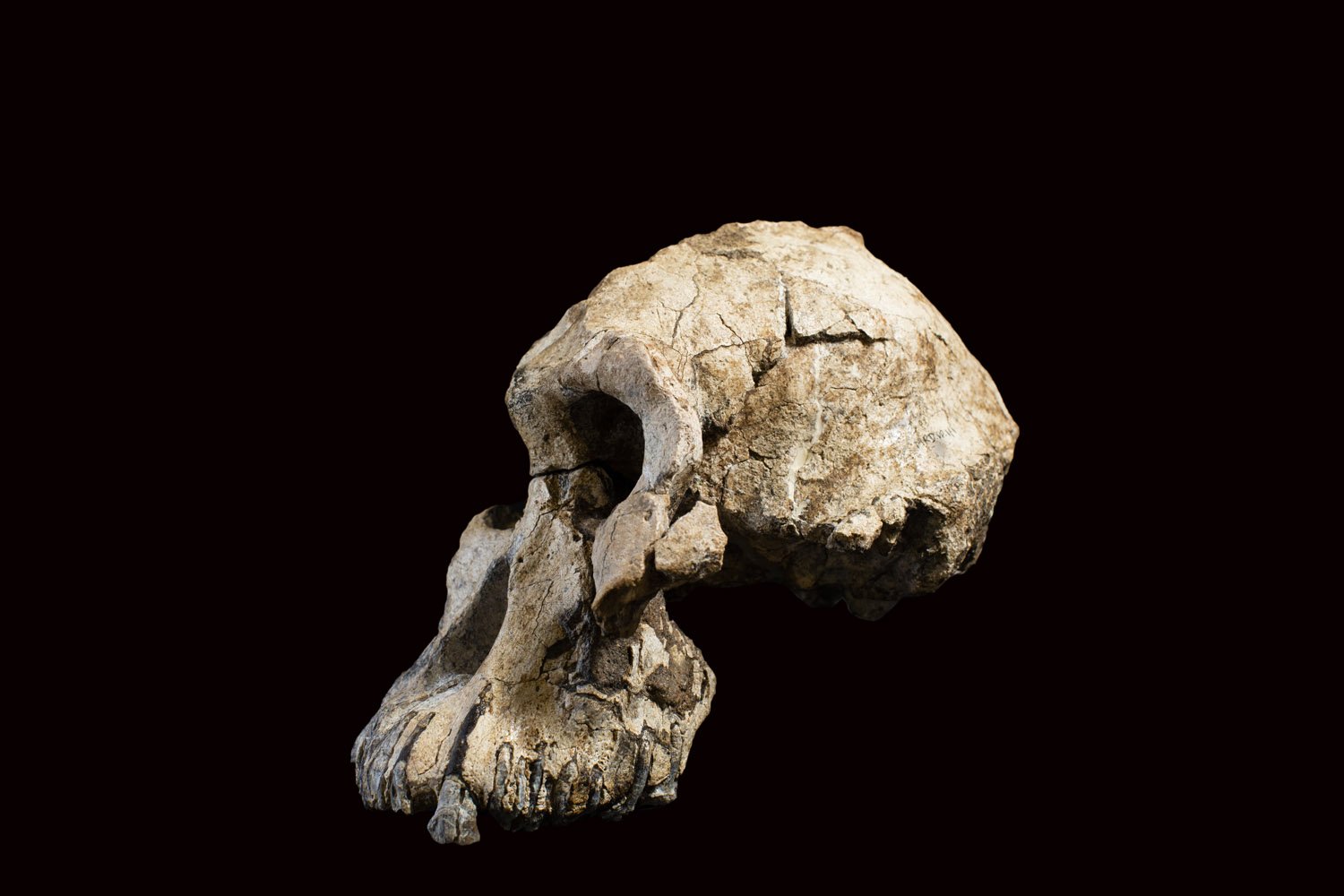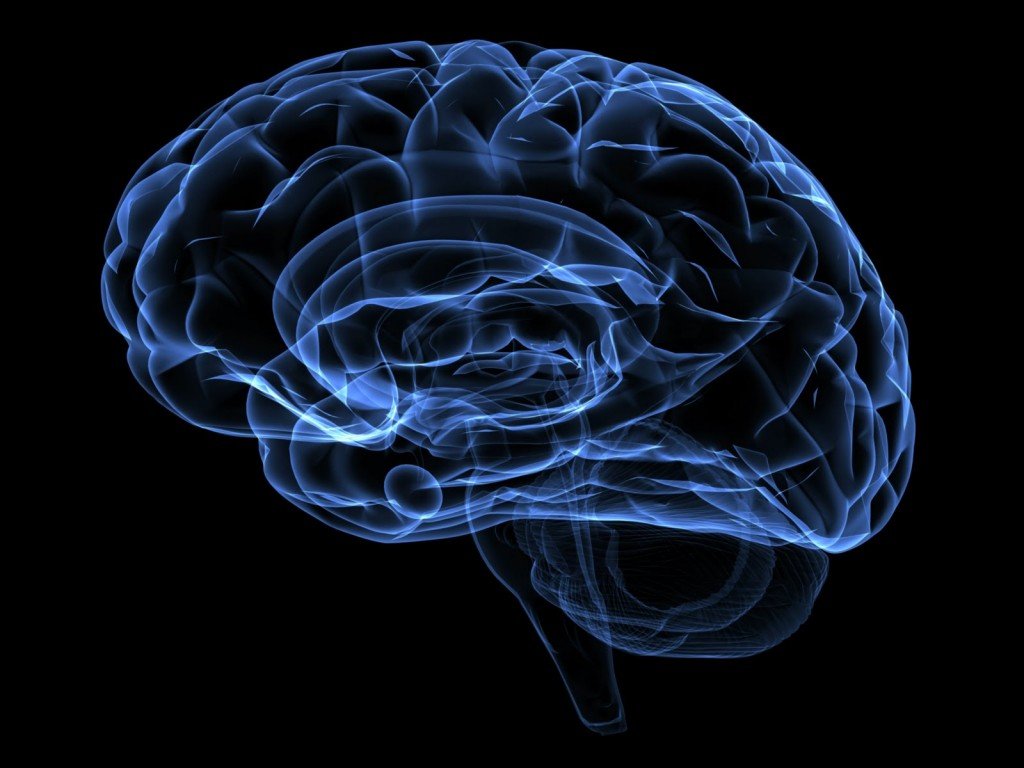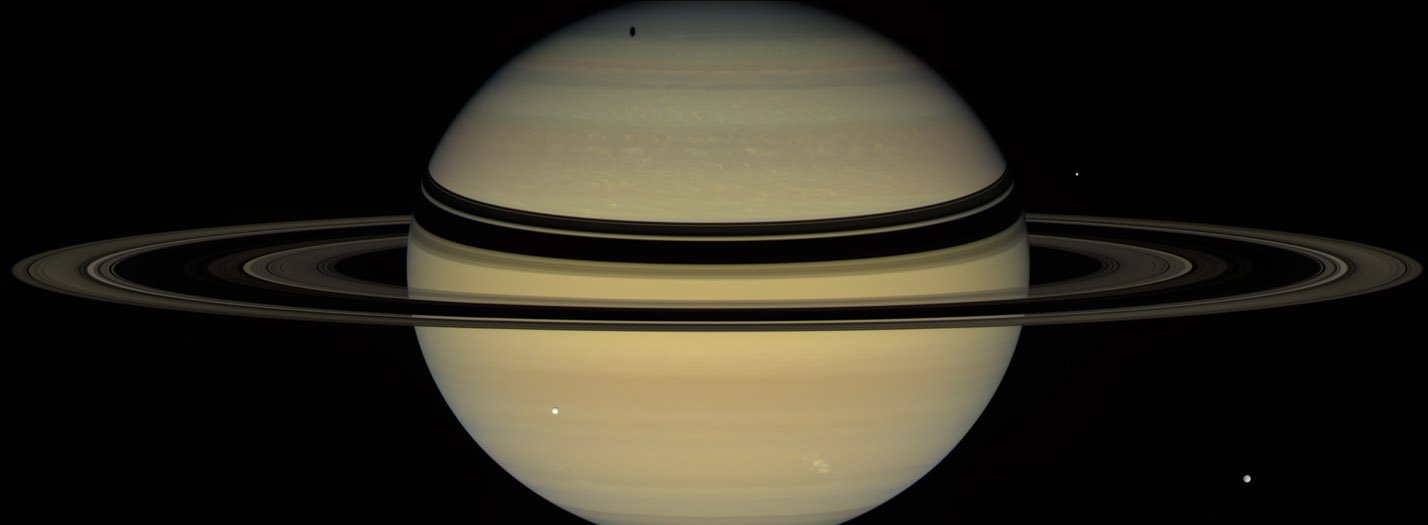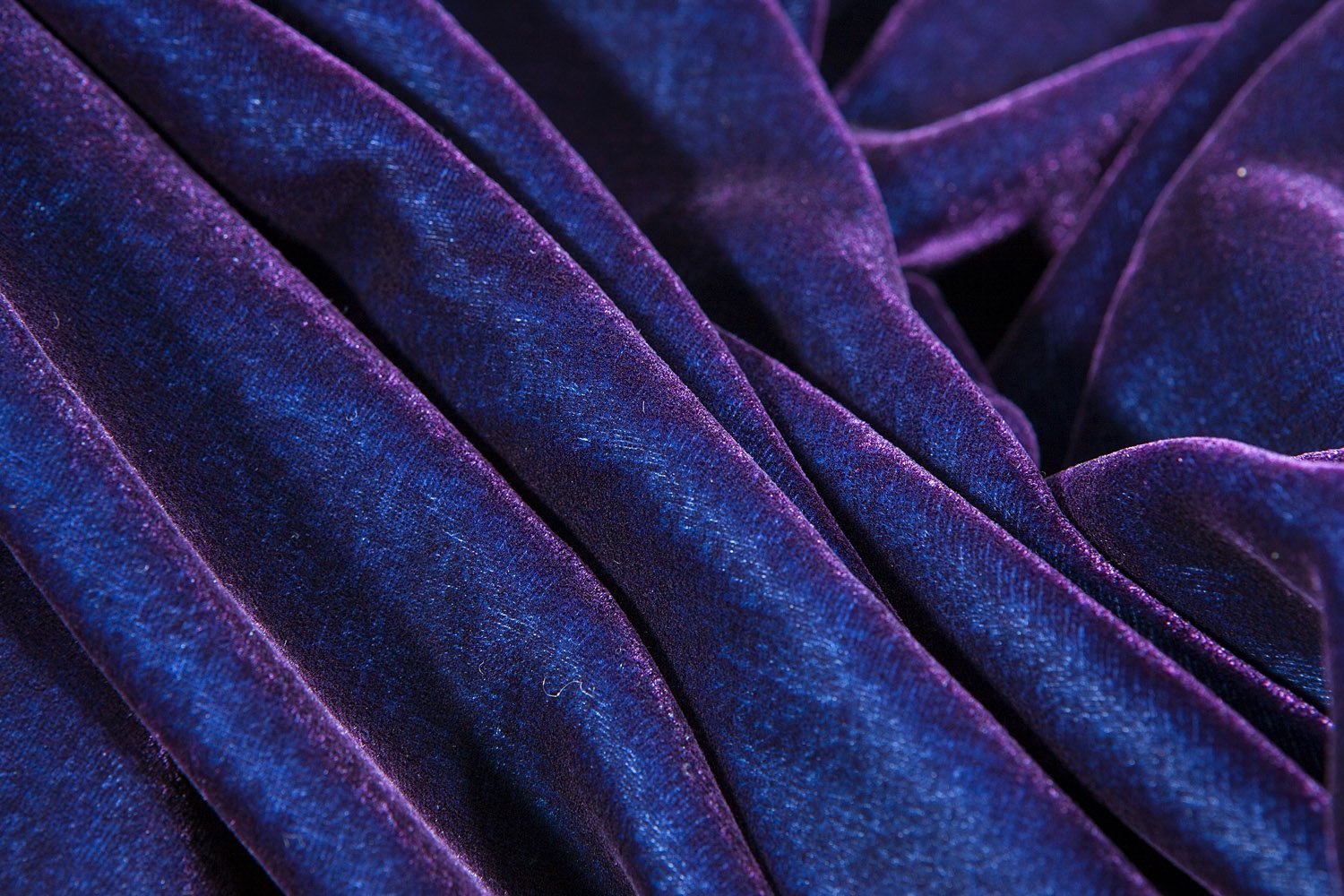Pancreas on a chip
By combining two powerful technologies, scientists are taking diabetes research to a whole new level. In a study led by Harvard University’s Kevin Kit Parker, microfluidics and human, insulin-producing beta cells have been integrated in an “Islet-on-a-Chip”. The new device makes it easier for scientists to screen insulin-producing cells before transplanting them into a patient, test … Read more
